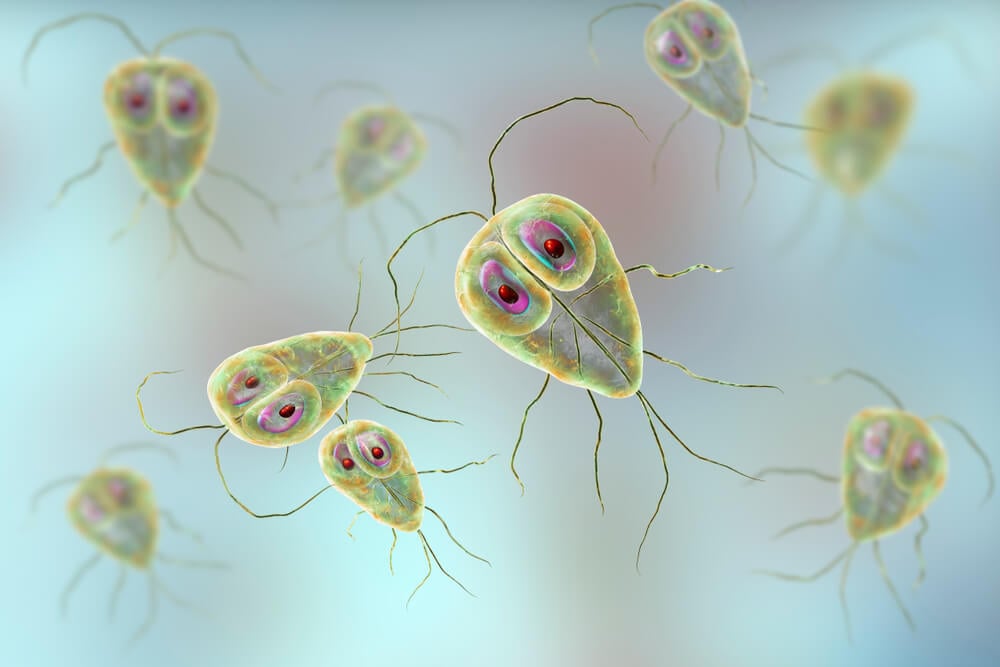Coccidia are microscopic, single-celled parasites that can infect the intestinal tracts of animals, including our pets. While several species of coccidia can infect animals, only a few are harmful. This article aims to shed light on coccidia, their impact on pets, and the steps owners can take to prevent and treat infections.
Introduction to Coccidia
Coccidia are protozoan parasites that belong to the Eimeria and Isospora genera. They reproduce within the cells of the host's intestines, leading to gastrointestinal disturbances.
How do Pets Get Infected?
Pets, especially puppies and kittens, can become infected with coccidia by ingesting contaminated soil, food, water, or feces. The ingested oocysts (a stage in the coccidia life cycle) release sporozoites that invade the intestinal cells, where they reproduce and cause damage.
Recognizing the Symptoms
Symptoms of coccidiosis (the disease caused by coccidia) can vary but often include:
- Watery diarrhea, which may contain blood or mucus
- Dehydration
- Abdominal discomfort
- Weight loss
- Fatigue
Diagnosis and Treatment
If you suspect your pet has coccidiosis, consult your veterinarian. A fecal examination will typically confirm the presence of coccidia.
Treatment usually involves oral medications that target the parasites. Additionally, maintaining a clean environment is crucial to prevent reinfection and the spread of the disease to other pets.
Prevention is Paramount
To protect your pet from coccidia:
- Hygiene: Regularly clean and disinfect your pet's living area. Promptly remove feces.
- Safe Drinking Water: Ensure your pet has access to clean, uncontaminated water.
- Regular Screening: Routine fecal tests can help detect and address infections early.
Coccidia and Multi-Pet Households
In homes with multiple pets, it's essential to isolate infected animals to prevent the spread of coccidia. Ensure each pet has its food and water bowls, and avoid communal litter areas.
Conclusion
Coccidia, while microscopic, can pose a significant threat to the health of our pets. However, with awareness, timely intervention, and preventive measures, pet owners can ensure the well-being of their furry companions.
References:
- Coccidiosis in Dogs and Cats. Merck Veterinary Manual.
- Cystoisospora. Companion Animal Parasite Council.
Note: This article provides a general overview of coccidia in pets. Always consult with a veterinarian for specific advice and recommendations related to your pet's health.




